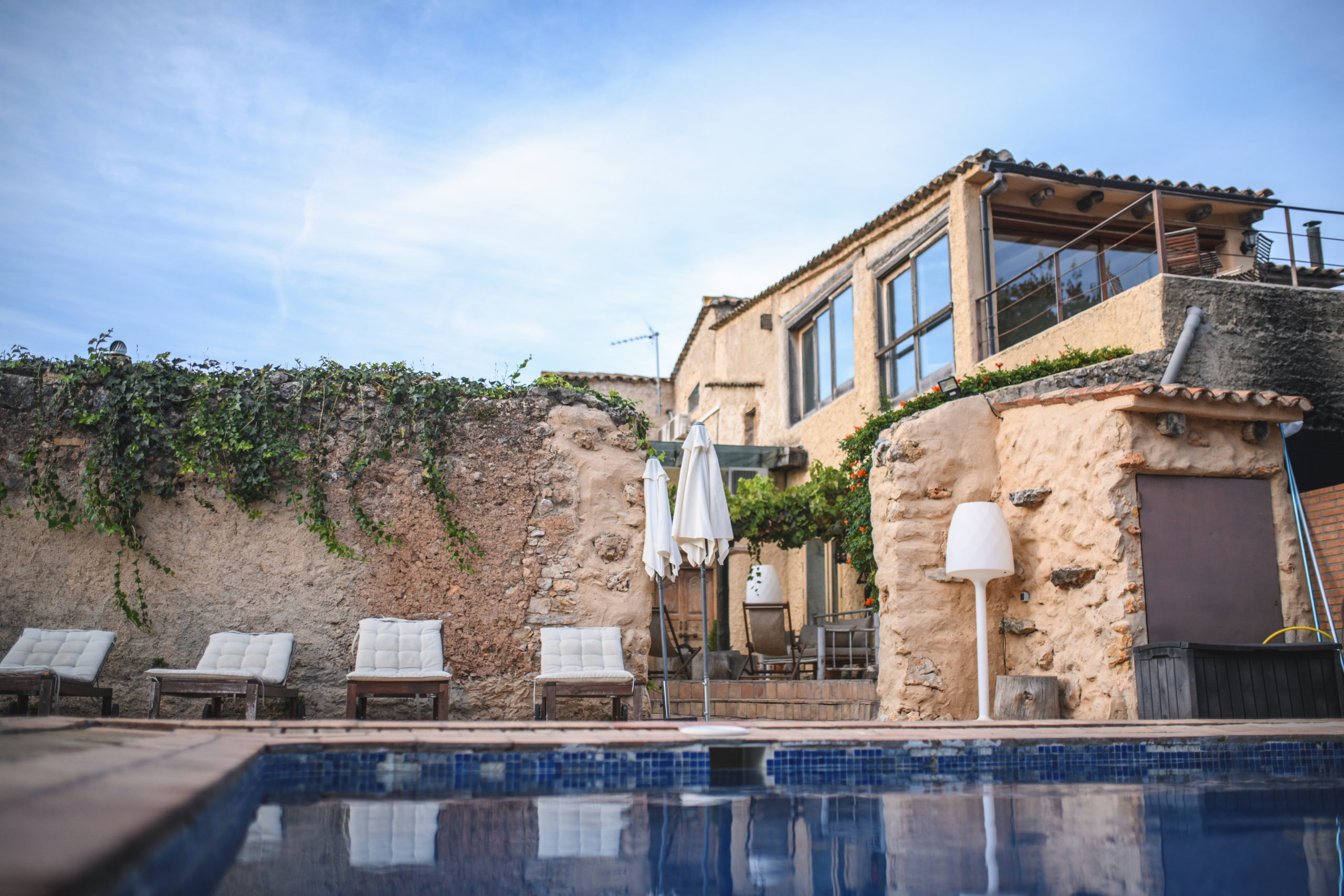Overseas property investment can be a daunting prospect, but buying an off-plan property that’s yet to be built can be even more so. The truth is that whilst there is risk involved and stories of nightmare investments do exist, purchasing an off-plan property abroad can be a wise choice if you do your research.
Entering a different financial market when making an investment means you’ll have a number of additional considerations to make. Currency exchange rates can fluctuate significantly day-to-day, and buyers will need to make sure they have accounted for international payment fees.
As with any property purchase, there are steps you should take to make sure your off-plan property purchase goes as smoothly as possible, and to avoid paying unnecessary fees.
The benefits of buying off-plan
Typically, off-plan properties are cheaper to buy and you’re more likely to be able to secure a good deal as developers attempt to counteract the inconvenience and risk of buying something that does not yet exist.
Off-plan properties require a deposit which Property Hub suggests will generally need to be around 10% of the total purchase price, but you’ll need to check with your lender for specifics as this could vary. If a property is yet to be built buyers are unlikely to be expected to pay the full cost up front, so this will allow plenty of time to finance the investment.
Buying in an international market that is on the rise could also be a worthwhile investment. In a growing market it’s likely that the price of the property will rise, meaning buyers can sell for a profit in the future.
What are the financial risks?
Although international property market fluctuations can benefit buyers and earn them profit, it can also have the opposite effect. Any quick decline of the property market will also decrease the value of your property.
This can be particularly risky for investors who are looking to buy off-plan properties at a low price and ‘flip’ the contract to sell the property on for a higher price, perhaps even before construction is complete.
Buying off-plan is likely to be the most cost-effective in a rising market, but buyers should also carefully consider entering into a market that is currently booming – a large growth in international property prices could mean that a sharp decline is on the horizon.
Steps to take before buying off plan
1 – Speak to a financial advisor
Before progressing with any international sale, you should first consider speaking to a financial advisor.
It’s also worth considering that some lenders won’t provide you with a mortgage offer until around six months before the property is built, says Toby Downes, Associate Director of residential at Savills. So speaking to a financial advisor immediately will help to determine when the best time is to start the application process.
A financial advisor will give a good steer as to what can be borrowed and when you should begin the formal application process.
Toby Downes, Savills
2- Do your research
As with any property purchase it’s wise to do your research to ensure you’re dealing with reputable parties on all sides, but this is even more important when it comes to buying off-plan.
When buying off-plan you’re essentially shopping for a property that does not yet exist, and it’s likely that you’ll have been won over by a constructed image of your future home.
From a picture, an off-plan property may look like your dream home, but the finished building and surroundings could look completely different.
It’s vital that you do some due diligence to make sure the developers have a reliable reputation and have delivered good results in the past. Look out for any previous properties that have been sold by the same business and compare them to the marketing material used. This could help you to see how similar the end result is likely to be.
Checking customer reviews or discussion boards can also be useful as you’re likely to get an accurate insight into the level of service the developer provides.
3 – Speak to the locals
Buying property internationally can be a difficult task if you don’t know the area well.
Before committing to buying a property in an area you’re not overly familiar with, get in touch with local estate agents to find out more about the typical house prices close to the home you’re considering. They might even be able to offer some insight into the specific home or development you are looking at, or perhaps some useful information about the developer or builder.
Similarly, speaking to local residents is a great way to gain more of an understanding of the local area.
4 – Plan an international payment method
Any significant change to exchange rates could mean your international purchases will cost considerably more than planned. Carefully planning your payment will ensure you are not caught out by fluctuating rates.
By using a forward contract payment method to lock in a fixed exchange rate, you’ll be protected from adverse exchange rate movements and could save a significant amount of money.
Here at Equals Money, our currency experts can provide advice on international payments that are best suited to your purchase requirements and help you make the most of your money.
Get in touch
If you’re considering an overseas property investment and have questions about how best to manage your payments, give us a call on +44 (0)20 7778 9350 or email [email protected].










